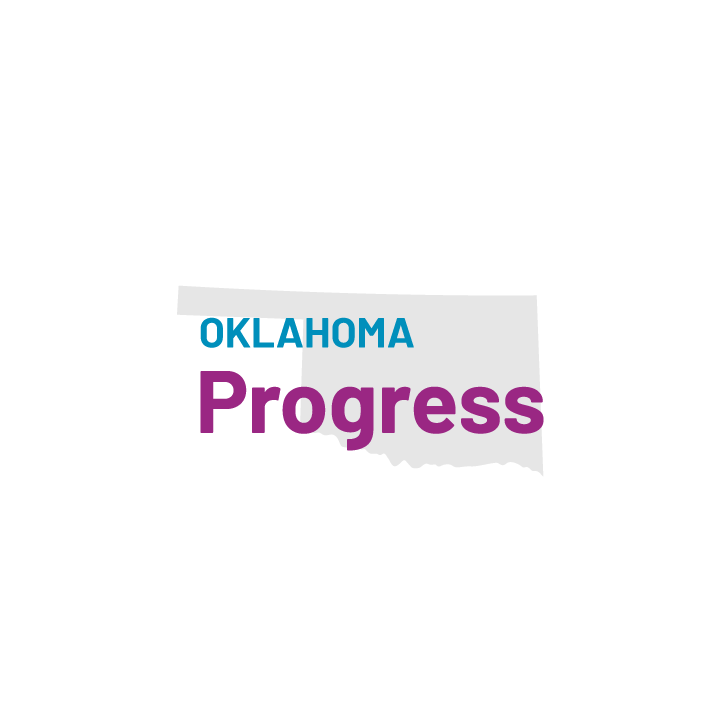
Gratitude for K-12 Educators: A Tribute from Progress Learning
by: Coral Ericson
As the saying goes, “Teaching is a work of heart.” This is especially true for K-12 educators who dedicate their time and effort to shaping the minds and hearts of the next generation. Our children spend a significant amount of their formative years in school, where educators teach them not just academic subjects, but also important life skills and values. It is with deep gratitude that we pay tribute to K-12 educators!









